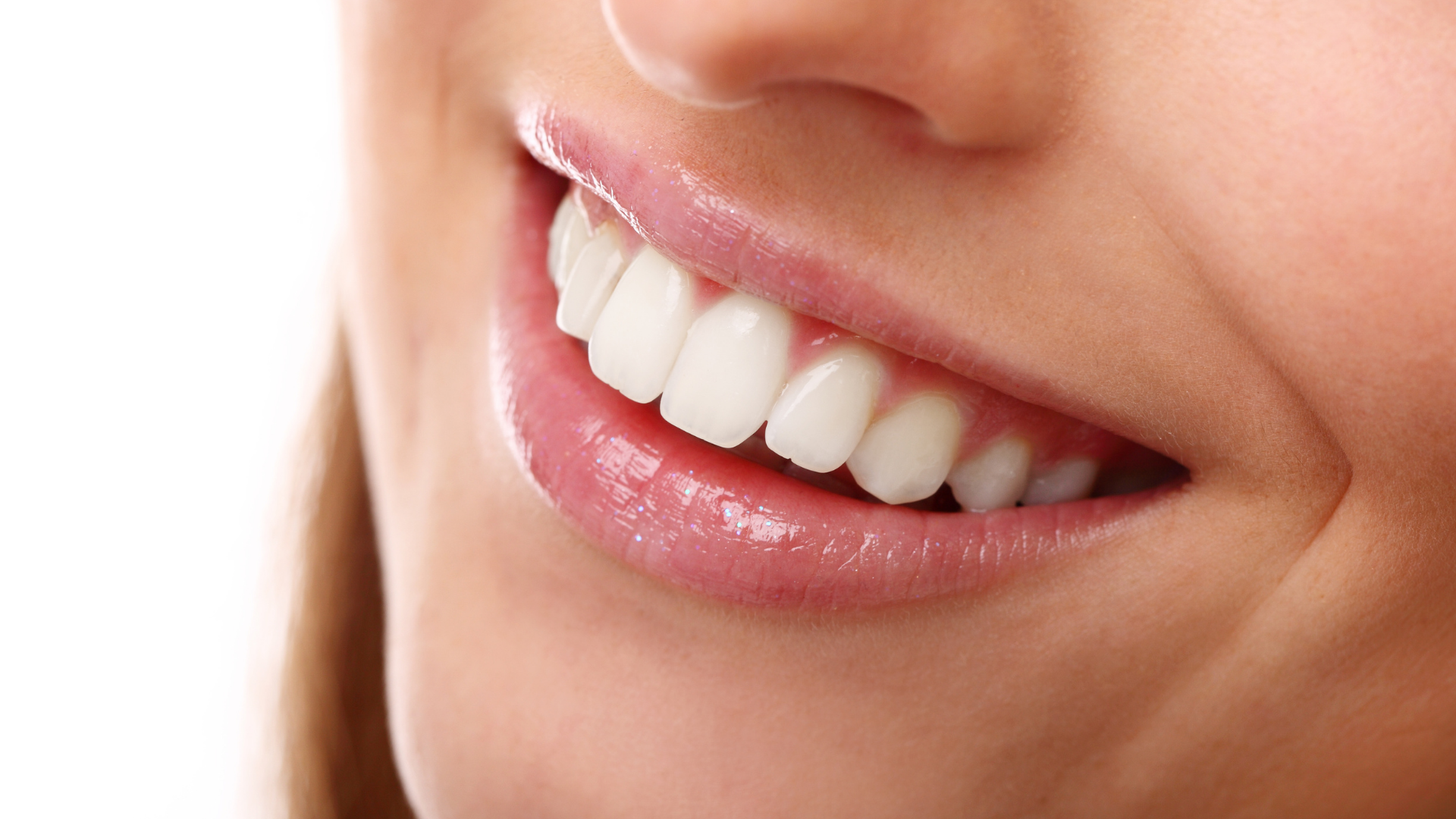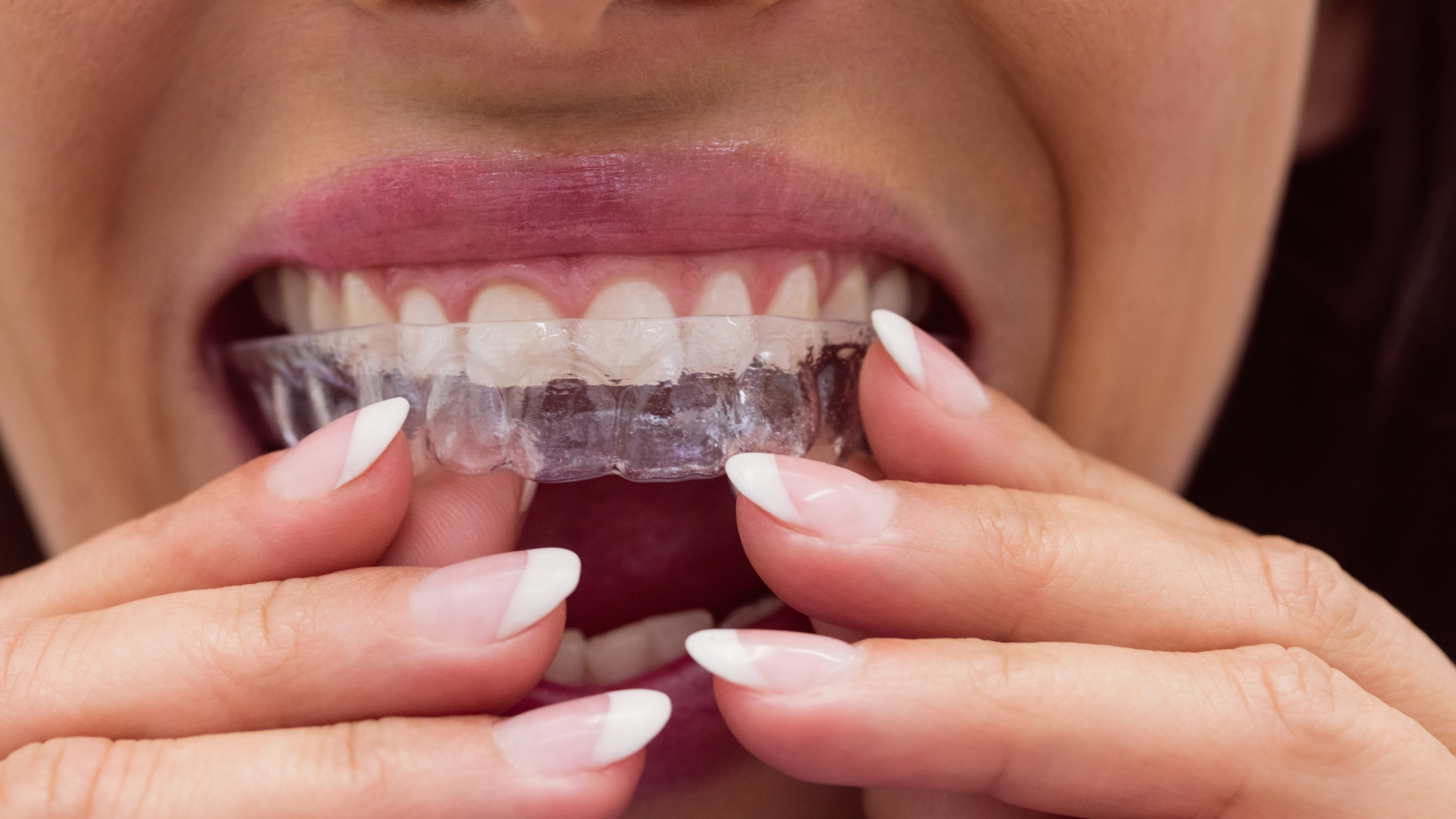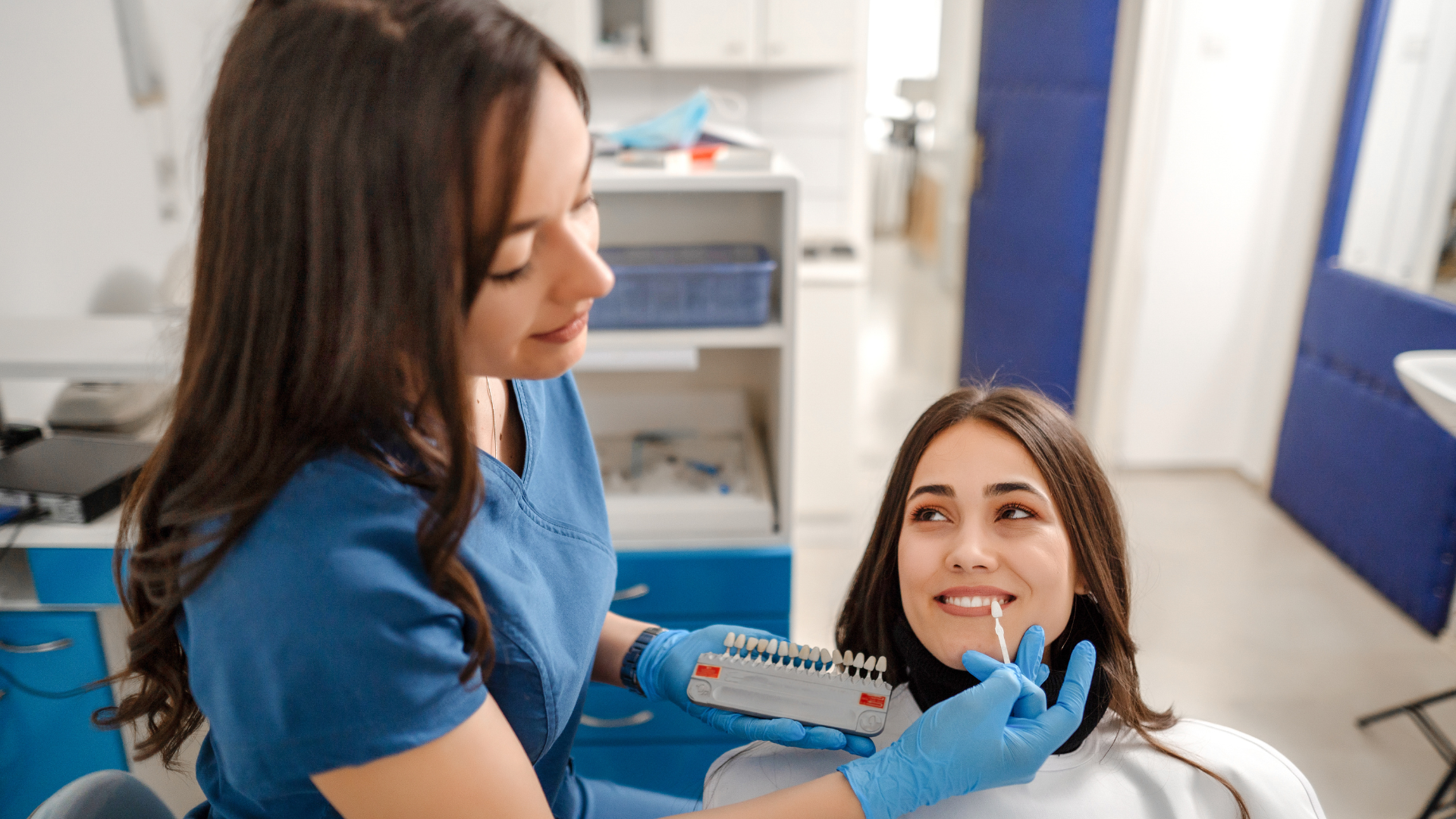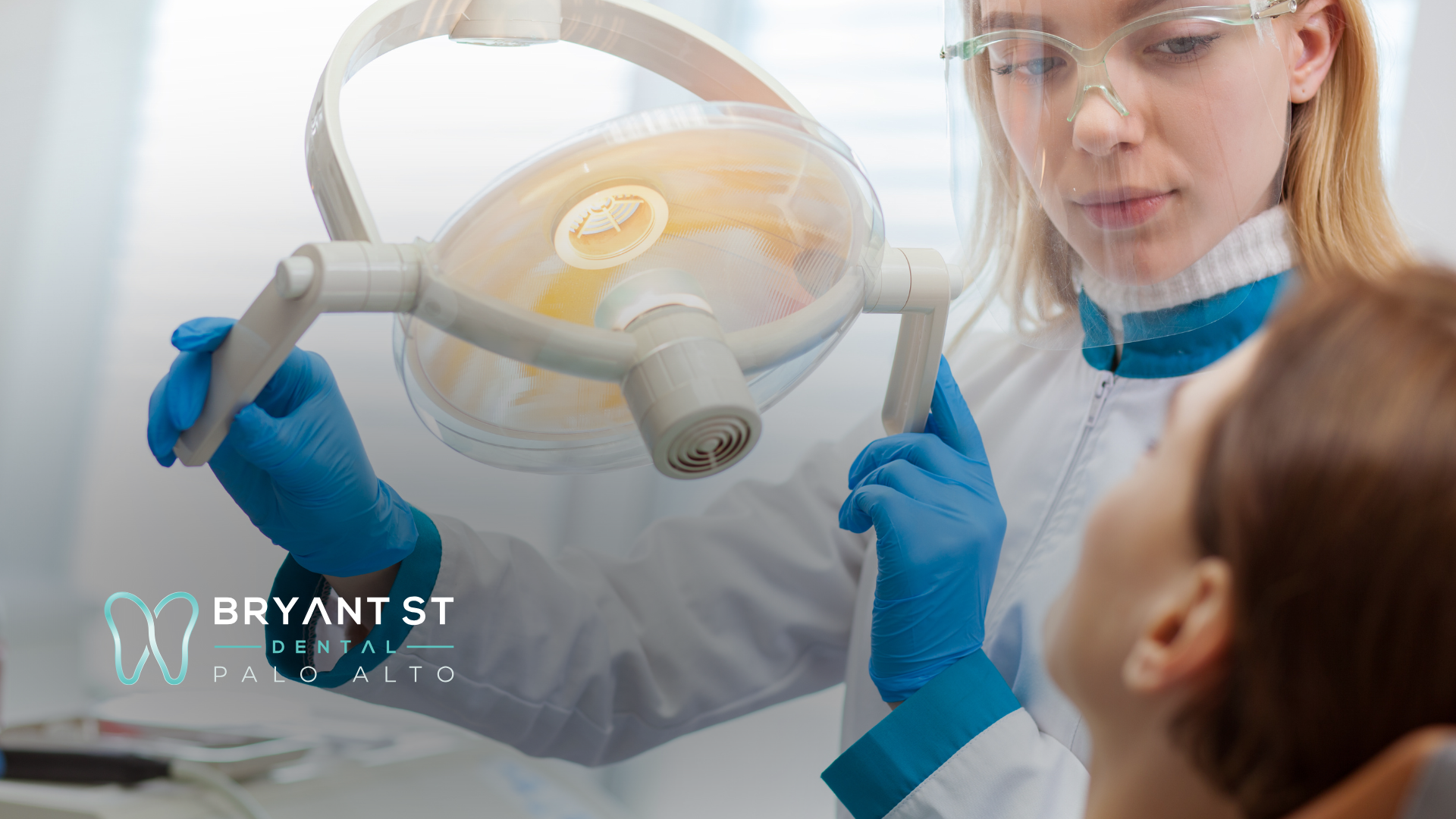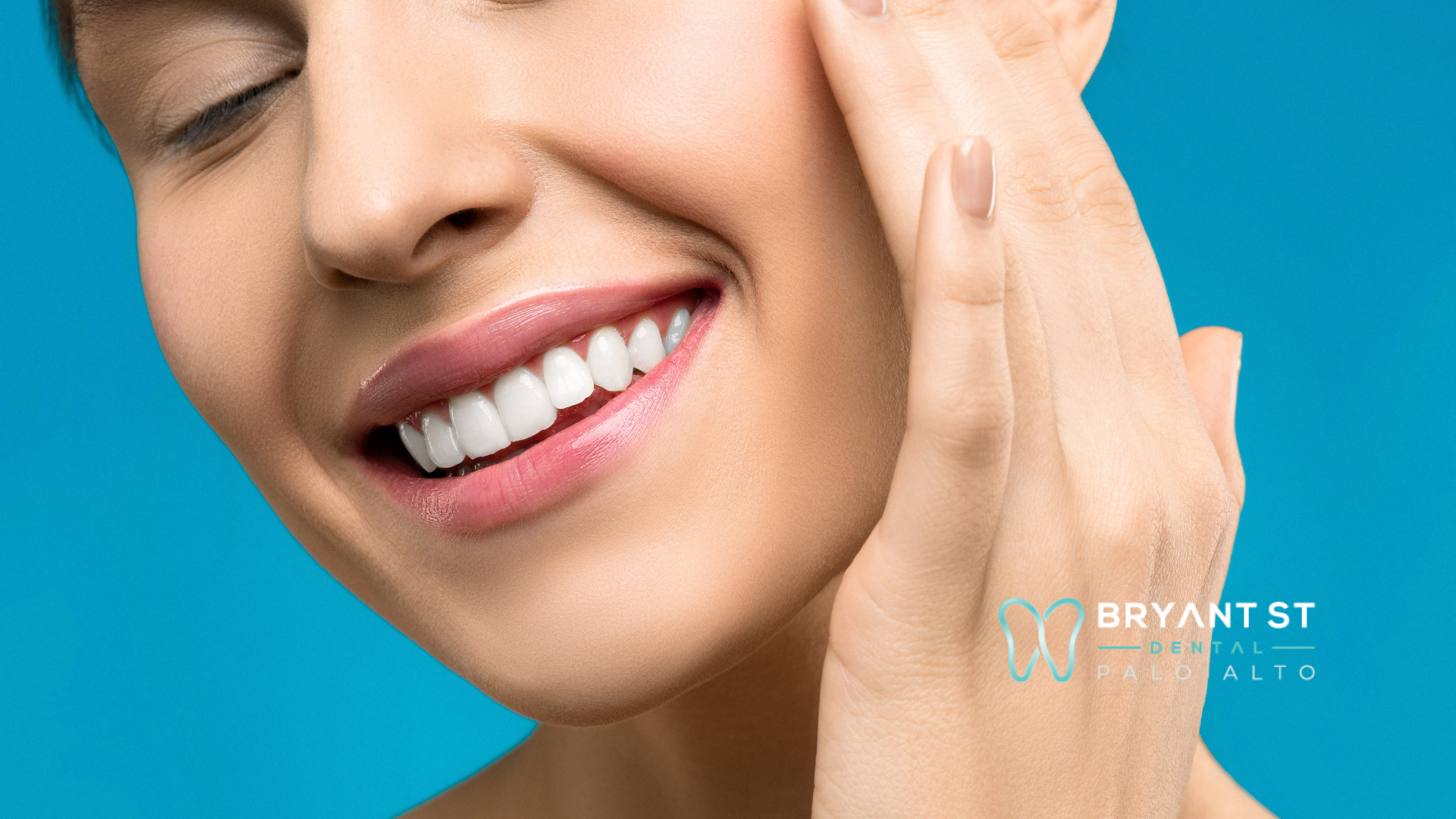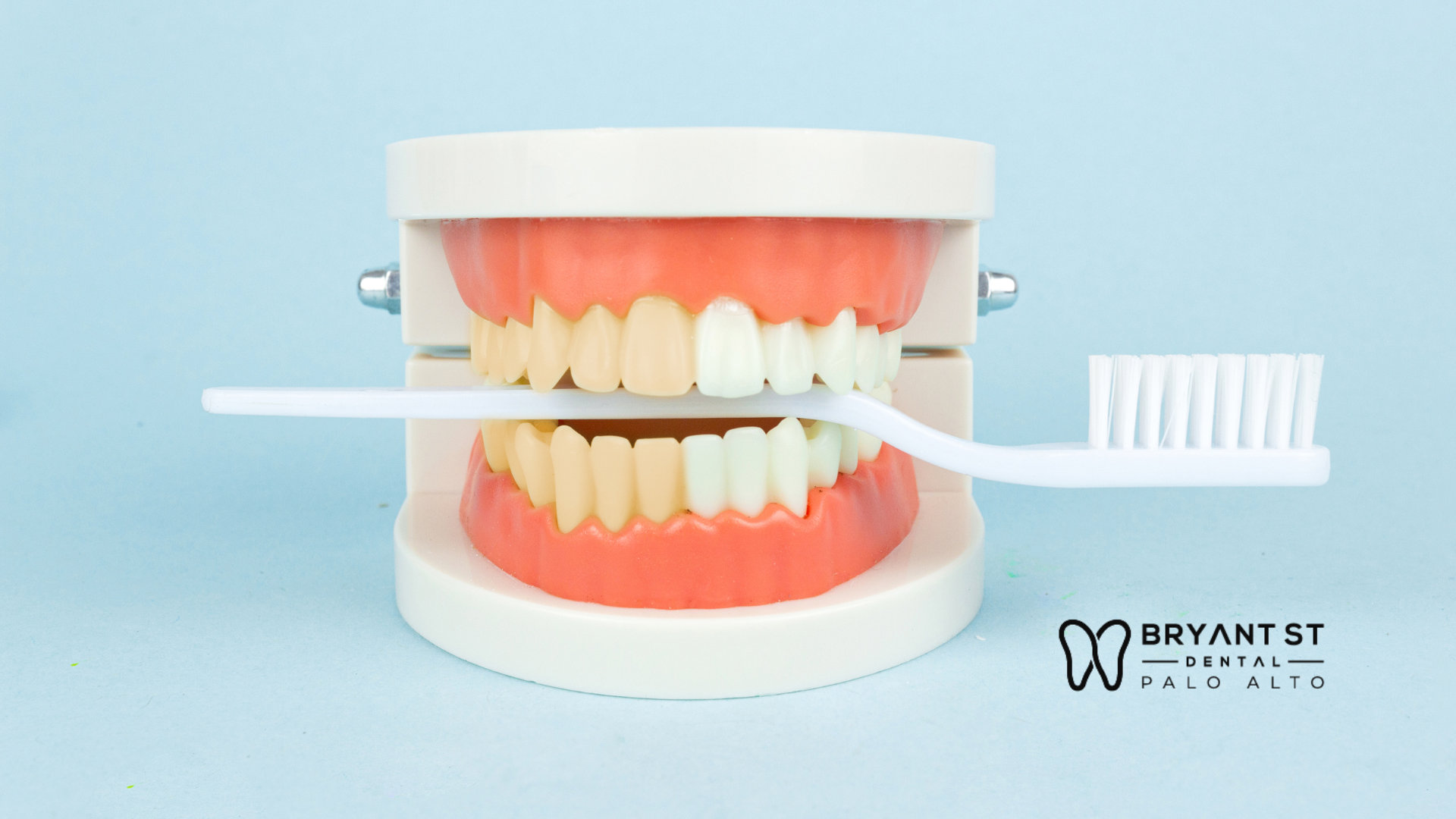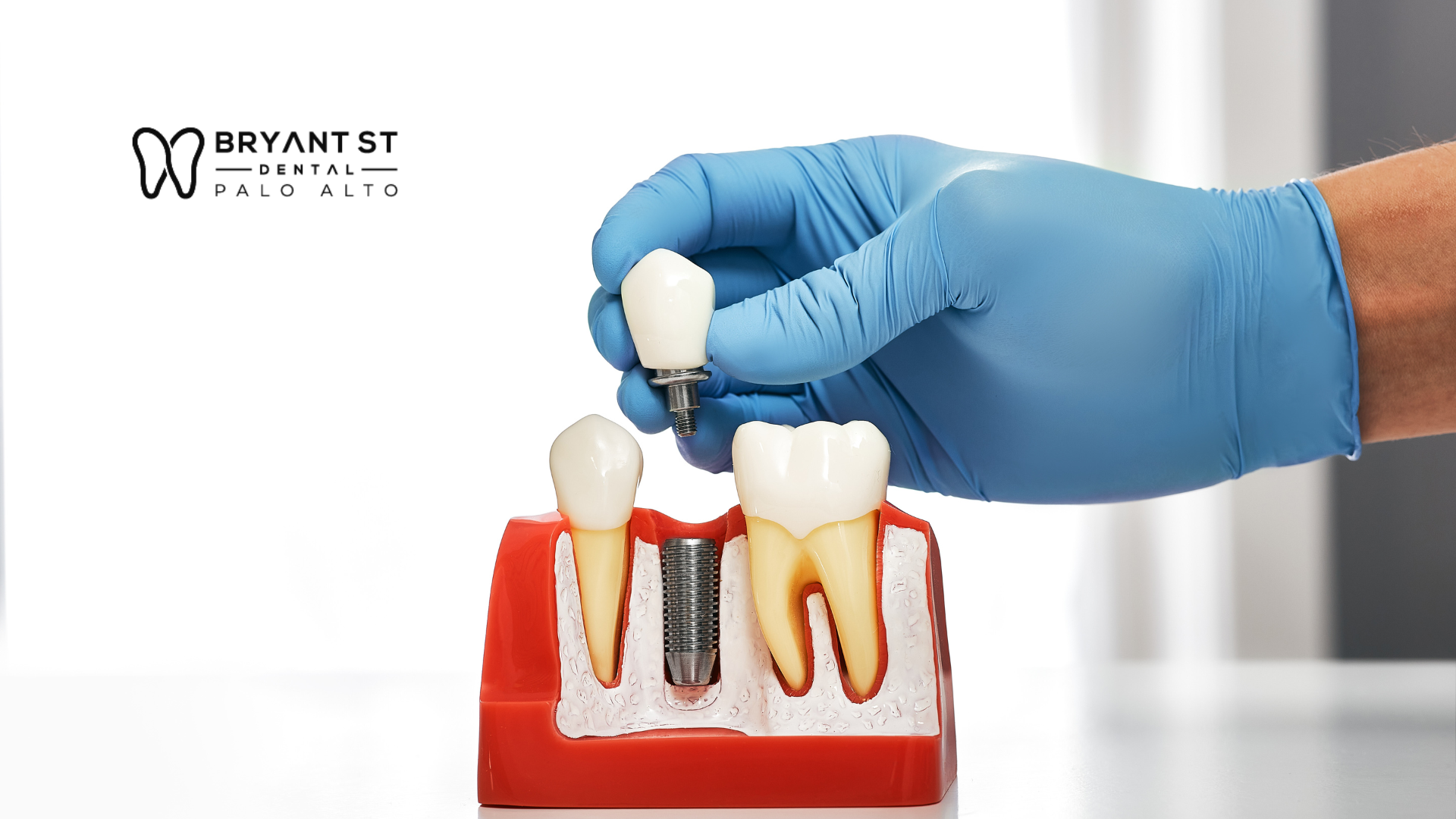No more jokes about the sound of the dental drill. Laser therapy is silent!
Laser dentistry is used during hard tissue (teeth) and soft tissue (gums) procedures.
Common hard tissue procedures include:
- Cavity detection - Lasers detect cavities early by finding evidence of tooth decay.
- Tooth preparations and dental fillings - Drills are not required when using laser treatments. Lasers kill bacteria in a cavity, and aid in the long-term health of a tooth.
- Treating tooth sensitivity. Teeth that have sensitivity to hot and cold can be treated with dental lasers by sealing tubules on the tooth’s root.
Common soft tissue procedures include:
- Treating a “gummy smile.” Lasers can reshape gum tissue that covers much of the tooth.
- Crown lengthening - Laser reshapes both gum tissue and bone for healthier tooth structure, helping in placement of the crown on restorations.
- Tongue frenulum attachment - when the fold of skin under the front part of the tongue (frenulum) that anchors to the mouth floor is thick or tight, laser therapy corrects this condition. Children with this condition may have difficulty breastfeeding or have speech impediment, and will benefit from laser therapy.
- Removing soft tissue folds - Lasers remove soft tissue folds from ill-fitting dentures without pain or need of sutures.
Other laser procedures include:
Viewing tissues - Optical coherence tomography allows a doctor to safely see inside a tooth or gum tissue.
Removing benign tumors - Lasers can remove tumors from the palate, gums, and sides of the lips and cheeks through a pain- and suture-free method.
Treating obstructive sleep apnea. Lasers can reshape the throat and relieve associated breathing problems when sleep apnea is caused by tissue overgrowth in the throat.
- TMJ (temporomandibular joint) treatment. Lasers can help reduce pain and inflammation in the joint.
- Nerve regeneration. Lasers can help regenerate damaged blood vessels, nerves, and scars
- Treating cold sores. Lasers can minimize healing time and reduce pain from cold sores.
- Teeth whitening. Lasers speed up the bleaching process during teeth-whitening sessions.
Hard tissue lasers cut through tooth structure. These lasers are used to shape teeth for composite bonding, to repair dental fillings, and to remove tooth structure.
Benefits of using laser dentistry over other methods;
- There is a decreased need for sutures with soft tissue lasers.
- Bleeding is minimized in soft tissues, as the laser promotes blood clotting.
- With some procedures, anesthesia is unnecessary.
- The chance for bacterial infections is lower because the laser sterilizes the area.
- Wounds can heal faster, and it’s possible for tissue to regenerate.
- The procedures may involve less damage to the surrounding tissues.
- These lasers are used to treat periodontitis, including killing bacteria and activating tissue regrowth.
Soft tissue lasers seal nerve endings and blood vessels while they penetrate the tissue. For this reason, a good deal of experience almost no pain after laser treatment. The lasers also promote faster healing of the tissue.

